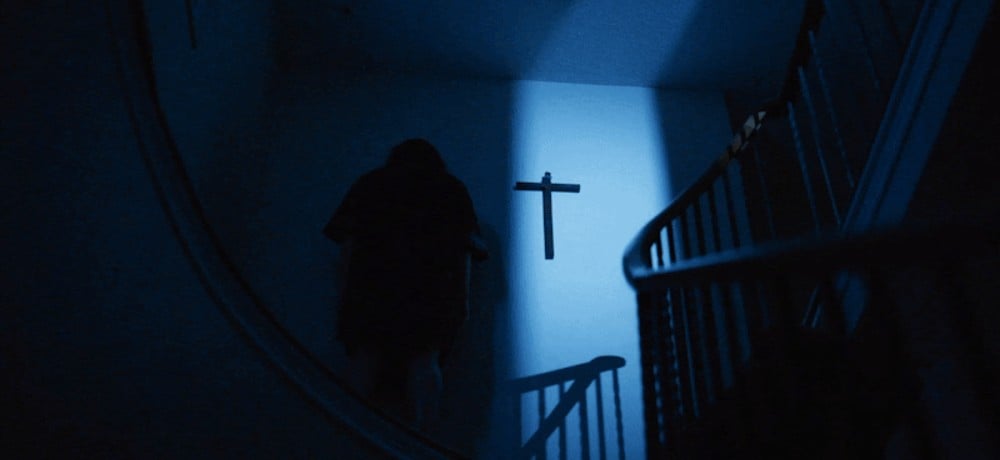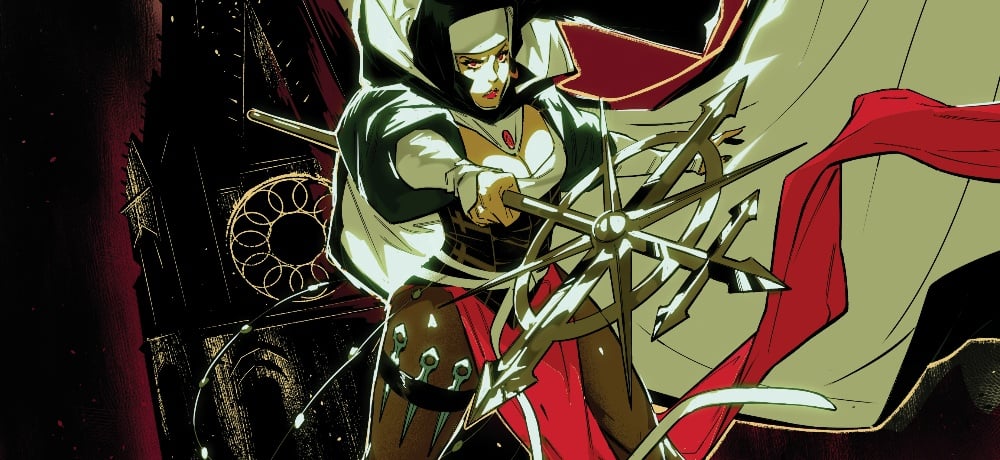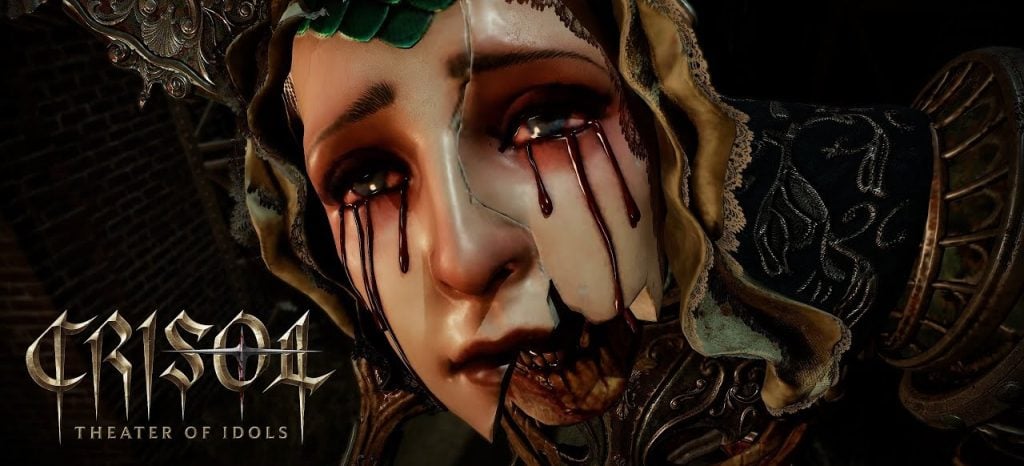





While at the 2017 Sundance Film Festival, I had the opportunity to check out a few films that were just a bit outside the horror realm, including Cary Murnion and Jonathan Milott’s sociopolitical actioner Bushwick, Marianna Palka’s bleak comedy Bitch, and David Lowery’s unforgettable A Ghost Story, and you can read my reviews for these on-the-fringe-of-horror titles right here in one place.
Bushwick: You couldn’t ask for a bigger departure from Milott and Murnion’s previous film, Cooties, than their most recent effort, Bushwick. Their frantically-paced actioner stars Dave Bautista and Brittany Snow as two residents of the New York borough who must fend off an invasion after several red states decide to declare a new civil war on the rest of the country. By giving us very little information on just what is happening throughout Bushwick, co-writers Nick Damici and Graham Reznick keep viewers firmly entrenched in the violent confusion of our two lead characters, Stupe (Bautista) and Lucy (Snow), as they duck and dodge potential adversaries in the streets.
While I admire the fact that both filmmakers were ambitious enough to want to tackle long takes throughout Bushwick, trying to hide your cuts within some sloppy camerawork isn’t the best way to cheat the approach (there are at least five different shots of feet shakily going up different flights of stairs where you know that’s precisely where the cut is being hidden), and I would have preferred that they just took a more typical filmmaking path, as it would have benefited the flow of the action even more.
Both Bautista and Snow deliver strong performances in Bushwick, though, making it a film worth seeing if you’re a fan of either one, and despite some underwhelming visual effects, the message on the mind of Bushwick could not be more timely. The themes that Murnion and Milott explore here, as well the breakout performances of both of its co-stars, make for a solidly entertaining and thought-provoking experience, even if Bushwick feels a bit rough around the edges at times.
Movie Score: 3/5
Bitch: I’ll be honest, Bitch was probably the most taxing film I saw at Sundance—I just could not get into the vibe of Palka’s narrative whatsoever. The film opens with Palka’s character (who pulls triple duty on Bitch as a writer/director/co-star) attempting suicide as she finds her life as a wife and mother unfulfilling, often putting her own wants and desires on hold in order to meet the needs of her demanding family, which includes four kids and a husband (Jason Ritter) who spends more time at the office than he does at home. After hitting her breaking point, Palka’s character evolves into a canine-like creature, taking up residence in the basement, snarling and snapping at anyone who comes near her, all while covered in her own filth and feces.
Palka’s point behind Bitch was not lost on me. I get it, being a mother and a wife is easily one of the hardest roles anyone will play in their lifetime, with the amount of self-sacrifice being immeasurable at times. But it is Palka’s approach to the material that left me cold, with her character’s family often making her mental breakdown the butt of their jokes, and taking their own sweet time to get her the professional help that she needs. There’s no doubt that Bitch is a scathing black comedy, but to me, so much of the story just fell flat and felt unnecessarily cruel at times.
That being said, Bitch features a truly marvelous performance from Jason Ritter, who proves here that he’s an ace when it comes to handling the comedy and the dramatic beats of his character, who is forced to own up to his own selfishness in order to keep his family together. There are two scenes in particular in which Ritter really shines—one is when he heads into mediation to keep his wife’s family from gaining custody over her, and another when he takes her to a dog park to find a way to connect with his wife on her own level—and while I wish Ritter would have been enough for me to get over my issues with Bitch, there’s no denying that his breakout work in the film is some of the best acting I saw throughout all of Sundance 2017.
Movie Score: 2.5/5
A Ghost Story: An experimental visual poem that explores grief, loneliness, and the meaningless of life, Lowery’s A Ghost Story is an eloquent and sometimes self-indulgent cinematic exercise that offers up emotionally-driven rewards for more patient viewers. For those looking for something with a bit more narrative to it, then A Ghost Story isn’t really going to be your cup of supernatural tea.
A Ghost Story follows a young couple (played by Rooney Mara and Casey Affleck) who are about to move out of their home when Affleck’s character gets into a fatal car accident. After his death, he ends up residing within the home for decades, watching new residents (and time) come and go, his only connection left to the world being a fellow apparition who resides in the home next door to his.
For 90% of the film, Lowery wants us to connect with the ghost-like version of Affleck, who only appears in a large sheet with two darkened circles, and I must tip my hat to all involved, because there’s so much sadness and melancholy that comes through with their use of just a simple white sheet. It’s a pretty damned marvelous feat (especially as a horror fan, because whenever I think of a bed sheet ghost, I immediately connect that image with John Carpenter’s Halloween—an obviously much different take).
While A Ghost Story works best when we’re involved with Mara and Affleck’s characters, Lowery uses the rest of his cinematic experiment to make his own statement on how our feelings of self-importance are unnecessary because we’re all just cogs in the wheel of life, and in the grand scheme of things, our lives are generally just as unimportant as the passage of time. A Ghost Story is a bit of a downer in its execution and functionality, but I appreciate the way Lowery wasn’t afraid to try and do something wholly against the grain by giving us a new perspective on the realm of the supernatural.
Movie Score: 3.5/5